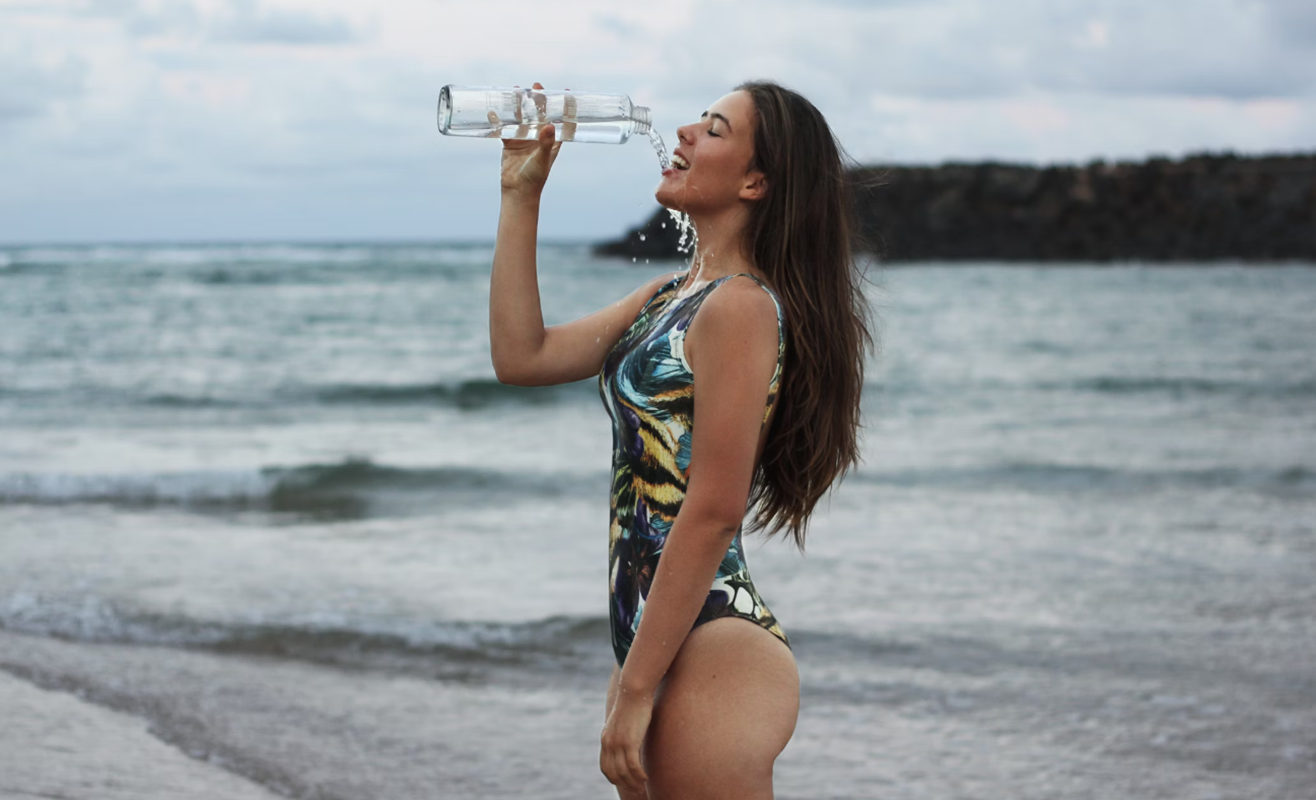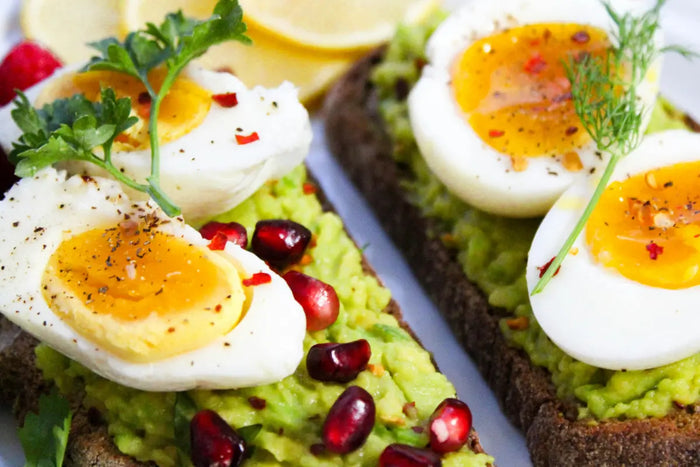Electrolytes. You’ve seen the word plastered across sports drinks, hydration tablets, and wellness blogs. You know they have something to do with hydration and performance. But do you really need them? Or is this just another overhyped wellness buzzword?
Let’s look at what electrolytes are, the benefits they offer and why not all electrolyte supplements are created equal.
What are electrolytes?
The answer to this question is quite simple – but the way they work is not.
Electrolytes are essentially minerals which carry an electric charge (not a scary one) when dissolved in water1. They’re like your body’s spark plugs, helping things kick into gear as they should.
The main electrolytes include:
- Sodium – works to regulate blood pressure and fluid balance.
- Potassium – supports nerves and muscles to do their job.
- Magnesium - helps your cells turn nutrients into energy.
- Calcium – crucial for muscle contraction.
- Chloride, phosphate and bicarbonate – work together to regulate fluid and pH balance.
You can find these electrolytes in the foods you eat (leafy greens, yoghurt and bananas are great picks), the fluids you drink, or the supplements you enjoy.
Why do we need electrolytes?
Without electrolytes, you literally can’t function. It’s that simple. They’re a critical part of proper nutrition.
You could have all the water in the world but it doesn’t mean much if you don’t have electrolytes, too. Too much water without electrolytes can actually cause an imbalance in the body, which can lead to water intoxication – basically where the sodium in your blood is too diluted. This can be very dangerous.
For most of us in our day-to-day lives, the benefits of electrolytes are less about survival and more about optimal performance. Staying adequately topped up on electrolytes helps the water get to where it’s needed in your body, supports your muscles through contraction and relaxation in every move you make, transmits nervous system signals between your brain and body, and keeps your pH in the Goldilocks zone (not too acidic, not too alkaline)2.
Cramp, dizziness, brain fog – all of these things can be explained by an electrolyte imbalance.
Water vs electrolytes: what is hydration?
‘Drink more water’ is usually most people’s answer to any question about why you’re not feeling great. We don’t disagree with the intention but the execution could use some work.
Water is crucial. Hydration is crucial. But water ≠ hydration. Water is a big part of it, but the real equation is water + electrolytes = hydration. Without electrolytes, the water can’t get where it needs to be in the body, and you’ll be missing out on all the different fuels it needs.
When you sweat, you’re not just losing water, you’re losing electrolytes too3. Try chugging a bottle of water after a tough workout, you’ll probably feel bloated and flat. Then, try adding electrolytes into the mix and we’re willing to bet you’ll feel a whole lot better.
Think of it like charging your phone. You can plug it in (the water) but if you don’t turn on the power (electrolytes), you’re not really getting anything.
Why most electrolyte drinks don’t cut it
With all this newfound knowledge, you’re probably eager to grab a convenient electrolyte drink from the shop after your next workout – but maybe you should hold off for a minute. Let us elaborate.
Stop by any store or gym vending machine and you’ll see countless colourful electrolyte drink options, but are they really giving you what you need? They might contain electrolytes, sure, but in reality they’re just glorified sugar water.
Some electrolyte drinks contain almost as much sugar as a can of [insert soda brand here]4, which spikes your blood sugar and leads to crashes later in the day. They’re also rammed with artificial flavours and colours (you didn’t think that neon orange drink was natural, did you?), as well as unbalanced electrolyte profiles.
They might make you feel sporty, but they don’t give you what you really need after a gruelling workout.
A smarter way to hydrate – electrolyte supplements
In order to properly replenish your body, you need a balanced, unadulterated electrolyte supplement. We were tired of searching the shelves for something which gave us exactly that, so we decided to make one ourselves.
Innermost’s The Hydrate Blend is an all-in-one solution for optimal hydration, energy and performance. It’s perfectly balanced with a complete electrolyte spectrum and enhanced with extra vitamins and minerals to work just as hard as you do.
Available in Lemon and Mint, Elderberry or Orange flavours, simply add one sachet into 500ml of cold water and shake (or stir, whatever floats your boat). In seconds you’ve got a clean, hydrating and delicious electrolyte drink to keep you going all day.
Cut the faff, get what you need – nothing else.
Final sip – the benefits of electrolytes
Sodium, magnesium, calcium, chloride – electrolytes can sound complicated, but they really aren’t. However scientific you get with it, the end point is they help your body run smoothly. Without them, you’re fighting a losing battle.
Next time you reach for that bottle of water after a workout, throw a sachet of The Hydrate Blend in first and your body will thank you for it. Remember, water can’t do anything if there’s nothing there to help absorb it.
Here’s to balance, hydration and energy. Cheers!
References
1. Electrolytes, Cleveland Clinic, September 2021. Click here.
2. Shrimanker I, Bhattarai S. Electrolytes. [Updated 2023 Jul 24]. In: StatPearls [Internet]. Treasure Island (FL): StatPearls Publishing; 2025 Jan-. Click here.
3. Giraldo Cardona, L, What are electrolytes and why do I need them?, Bupa, Aug 2025. Click here.
4. Sports Drinks, The Nutrition Source, May 2025. Click here.


















